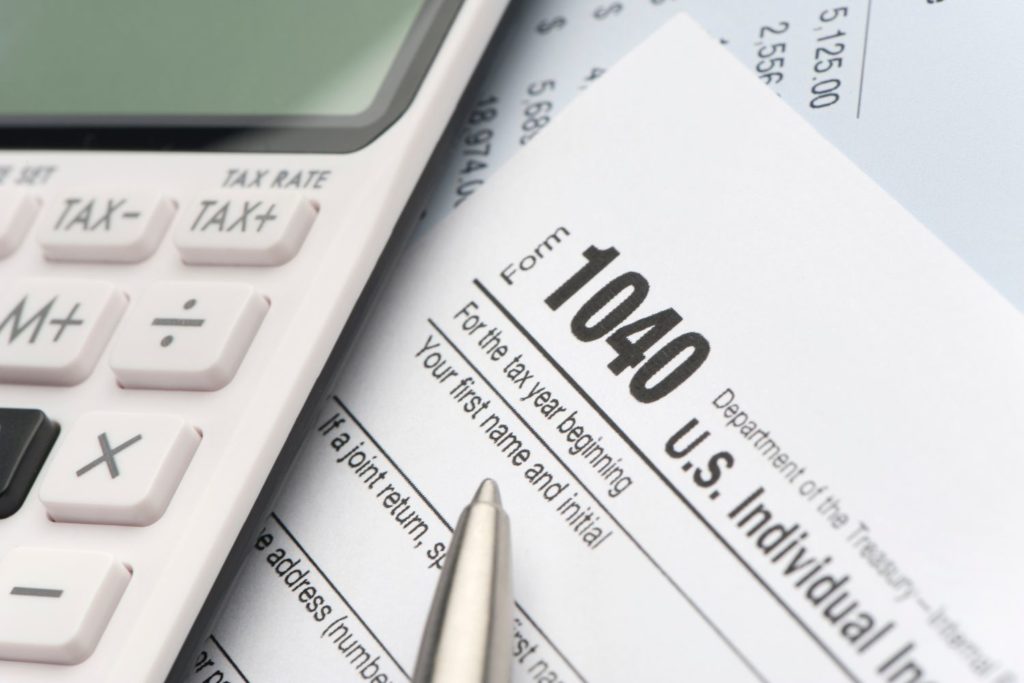Managing the estate of a deceased loved one involves handling various financial documents, including tax returns. Knowing when to ask for a copy of the deceased’s tax returns is crucial for executors, beneficiaries, and family members involved in the estate process.
We’ll discuss why you might need to request these tax returns, the best times to ask, and how to approach the conversation. By understanding this process, you can ensure the estate management proceeds smoothly and according to plan. Let’s dive into this important topic together.
Reasons to Request a Copy of Tax Returns
Filing Final Tax Returns
To file the deceased’s final tax returns accurately, you need copies of their previous tax returns.
Understanding Financial History
Tax returns provide a detailed overview of the deceased’s financial history, including income, investments, and deductions.
Settling Debts and Liabilities
Tax returns can help identify outstanding debts and liabilities that need to be settled as part of the estate administration.
Complying with Legal Requirements
Probate courts and tax authorities often require copies of previous tax returns for legal compliance.
Identifying Assets
Tax returns can help identify additional assets, such as investment accounts or properties, that need to be managed and distributed.

When to Ask for a Copy of Tax Returns
Immediately After Being Appointed Executor
As soon as you are appointed as the executor, request copies of the deceased’s tax returns to understand their financial situation.
During Initial Estate Planning Discussions
If you are involved in estate planning discussions, it’s appropriate to ask for copies of tax returns to ensure everything is documented and clear.
Before Filing Final Tax Returns
Before filing the final tax returns, ensure you have copies of previous returns to provide accurate information.
When Identifying Assets and Liabilities
During the process of identifying the deceased’s assets and liabilities, having copies of tax returns ensures a complete picture of the estate.
When Addressing Beneficiaries’ Questions
If beneficiaries have questions about the deceased’s financial situation, providing copies of tax returns can offer clarity and reassurance.
How to Request a Copy of Tax Returns
Approach with Sensitivity
Discussing tax returns can be sensitive. Approach the conversation with respect and understanding, acknowledging the importance of the deceased’s financial privacy.
Be Clear and Direct
Clearly explain why you need the copies and how they will help in managing the estate. Being upfront about your reasons can facilitate a more productive discussion.
Provide Context
Explain the importance of having access to tax returns for legal, financial, and administrative purposes. This can help family members understand the necessity of your request.
Offer Assistance
Offer to help gather the necessary documents if needed.
Ensure Privacy
Have this conversation in a private setting to ensure comfort and confidentiality. This encourages open communication and trust.
Follow Up
If you don’t receive the information immediately, follow up respectfully. Estate management can be complex, and it may take time to gather all the necessary details.
Common Mistakes to Avoid
Being Insensitive
Avoid being insensitive or overly direct when asking for tax returns. Remember, this can be a delicate topic and requires a respectful approach.
Assuming Completeness
Don’t assume the initial information provided is complete. Verify and double-check to ensure you have all necessary details.
Ignoring Legal Advice
Seek legal advice if you’re unsure about the best way to approach this conversation or if there are legal complexities involved. An attorney can provide guidance and ensure you’re following the correct procedures.
Waiting Too Long
Don’t wait until the last minute to ask for tax returns. Proactively discussing this as part of initial estate management conversations can prevent future issues.
Not Documenting the Information
Once you have the tax returns, document them thoroughly and keep them in a secure place. This ensures you have the information readily available when needed.
Requesting a copy of the deceased’s tax returns is a crucial step in managing their estate. By understanding when and how to ask for this information, you can ensure the process goes smoothly and according to plan.

